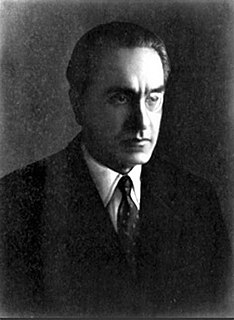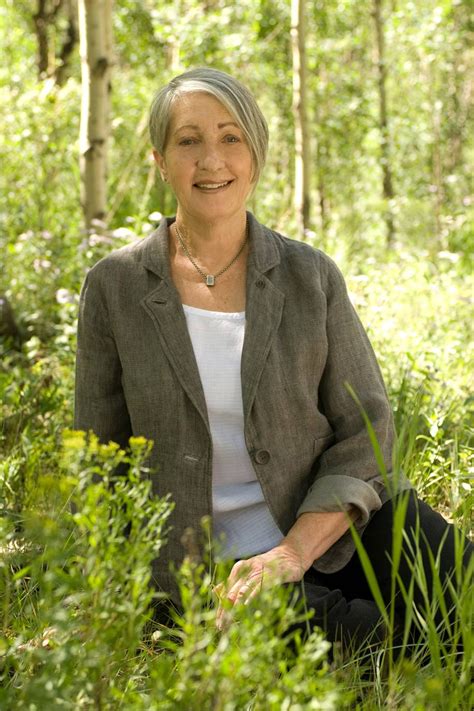A Quote by Jillian Medoff
If a book has a predictable storyline or familiar situations, there's little satisfaction for me in writing it. A woman deciding which man she'll spend her life with? I've read that story a million times, but a stepmother deciding which of her children she'll save in a freak accident? Now that's a challenge.
Related Quotes
My mother lived her life through movies and books - she read everything there was to read. And she read to me every night. I never went to sleep without her reading to me. And she fantasized about the book and she would talk about it, the place, and you would think that after she read the book and after she told you stories about it, that she had actually been there. I learned about story from her, and I learned the value of a great story, and the value of great characters.
[T]he regime of diversions, surrogates, and tranquilizers that pass for today's 'distractions' and 'amusements' does not yet allow the modern woman to foresee the crisis that awaits her when she recognizes how meaningless are those male occupations for which she has fought, when the illusions and the euphoria of her conquests vanish, and when she realizes that, given the climate of dissolution, family and children can no longer give her a sense of satisfaction in life.
The thing I'm writing now, I have various characters, and all of a sudden, out of nowhere, this couple dies. And they have a daughter. ...I thought, 'OK, we have to do something with the daughter' ... then I realized she's not really their daughter. She has her own story. And she's become the most interesting character. She was this throwaway character that I didn't even conceive of before I started writing her into it, and now she's become very important in this book.
I was raised in a religion that I never felt embraced me. That wasn't her fault. I had this amazing childhood. My mother is of her generation. If I'm going to ask her to accept me exactly as I am, I have to give her the same. She has read part of the book, but my sisters told her which chapters not to read!
One of my aunties inspires me beause of how easily she shows her emotions, and she isn't ever afraid to cry. My mum, for her work ethic - she might not show her emotions in public very much, but she's a total power woman. My grandma, who watched four of her children die before her, she's a powerhouse.
I value in the cat the independent and almost ungrateful spirit which prevents her from attaching herself to any one, the indifference with which she passes from the salon to the housetop. When we caress her, she stretches herself and arches her back responsively; but this is because she feels an agreeable sensation, not because she takes a silly satisfaction, like the dog, in faithfully loving a thankless master. The cat lives alone, has no need of society, obeys only when she pleases, pretends to sleep that she may see more clearly, and scratches everything on which she can lay her paw.
The woman is the man's glory, and she naturally delights in the praises which are assurances that she is fulfilling her function; and she gives herself to him who succeeds in convincing her that she, of all others, is best able to discharge it for him. A woman without this kind of "vanity" is a monster.
A few minutes later, she was once again riding her own horse. Deciding to take the lead, she nudged the mare into a trot, and as she passed Brodick and Ramsey, she called out, "You used trickery." "Yes, I did," he admitted. "Are you angry with me?" She laughed again. "I don't get angry. I get even." Unbeknownst to her, she had just recited the Buchanan creed.
How can a novelist achieve atonement when, with her absolute power of deciding outcomes, she is also God? There is no one, no entity or higher form that she can appeal to, or be reconciled with, or that can forgive her. There is nothing outside her. In her imagination she has set the limits and the terms. No atonement for God, or novelists, even if they are atheists. It was always an impossible task, and that was precisely the point. The attempt was all.
I converted Dec. 31, 1999. It was a Friday. That was my second time going to the mosque. The woman who is my wife now... was basically raised Muslim - and she was at that point where she was deciding or trying to come to terms with her own relationship with Islam and how to embrace that for herself.
Nora leaves her husband, not-as the stupid critic would have it-because she is tired of her responsibilities or feels the need of woman's rights, but because she has come to know that for eight years she had lived with a stranger and borne him children. Can there be anything more humiliating, more degrading than a life-long proximity between two strangers? No need for the woman to know anything of the man, save his income. As to the knowledge of the woman-what is there to know except that she has a pleasing appearance?
The next thing Jordana says makes me realize that it's too late to save her. "I've noticed that when you light a match, the flame is the same shape as a falling tear." She's been sensitized, turned gooey in the middle. I saw it happening and I didn't do anything to stop it. From now on, she'll be writing diaries and sometimes including little poems and she'll buy gifts for her favourite teachers and she'll admire the scenery and she'll watch the news and she'll buy soup for homeless people and she'll never burn my leg hair again.
She sat leaning back in her chair, looking ahead, knowing that he was as aware of her as she was of him. She found pleasure in the special self-consciousness it gave her. When she crossed her legs, when she leaned on her arm against the window sill, when she brushed her hair off her forehead - every movement of her body was underscored by a feeling the unadmitted words for which were: Is he seeing it?





































